2017 was a mixed year for biodiversity, says WWF
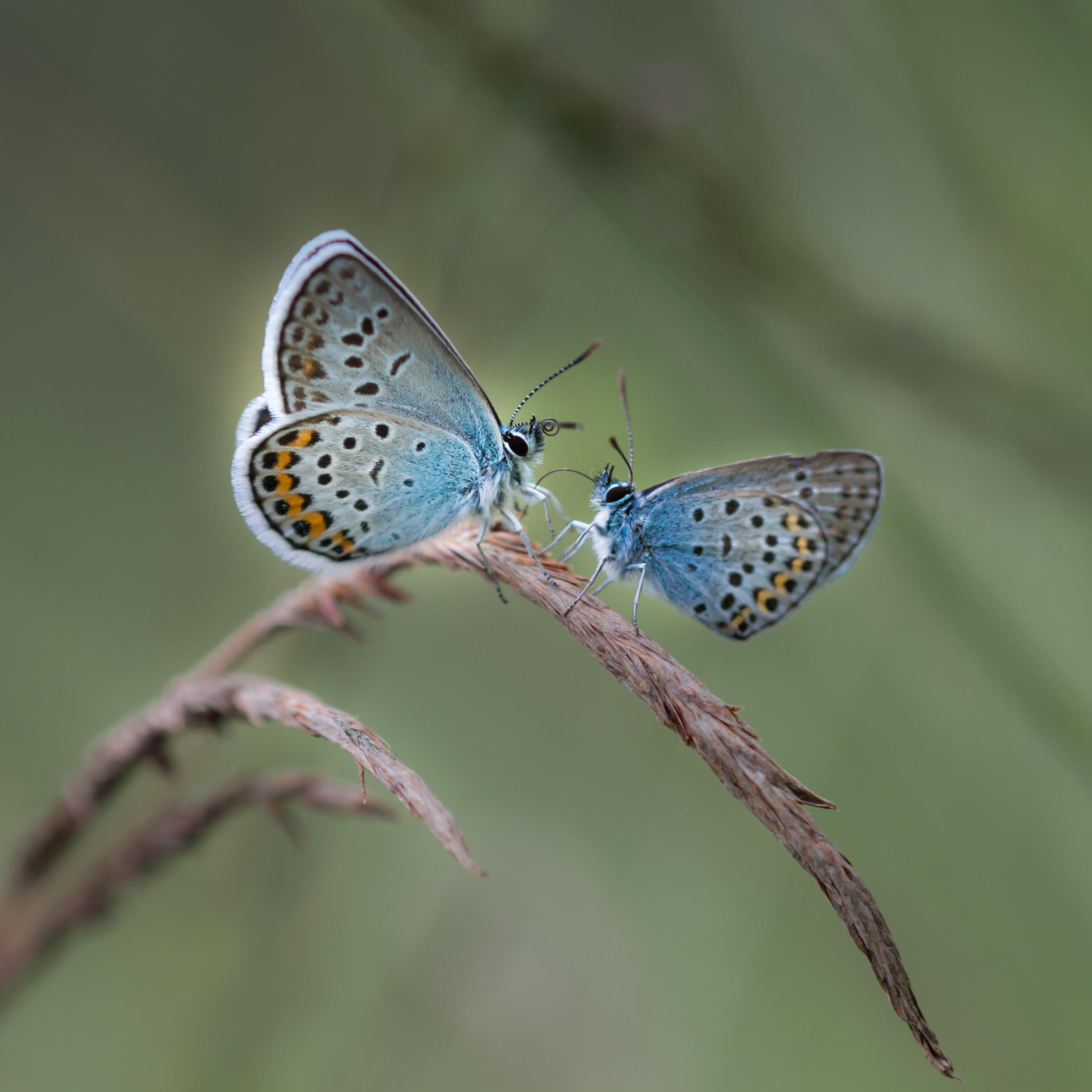
The number of endangered plant and animal species worldwide reached a new record this year, reports WWF. In Switzerland, more than 40% of insect species are considered threatened.
If not halted, the loss of pollinating insects like bees and butterflies will become a problem throughout Europe.
+ Bees’ work is worth millions to Swiss economy
Climate change and intensive pesticide use are to blame for the decline of the insects, WWF SwitzerlandExternal link spokeswoman Pierrette Rey told the Swiss News Agency on Wednesday. Amphibians and insect-eating birds are also suffering from the decline in insect species.
A brighter note is the otter’s return to Switzerland, and beavers have also benefited from the improved water quality and ecological restoration measures, said Rey.
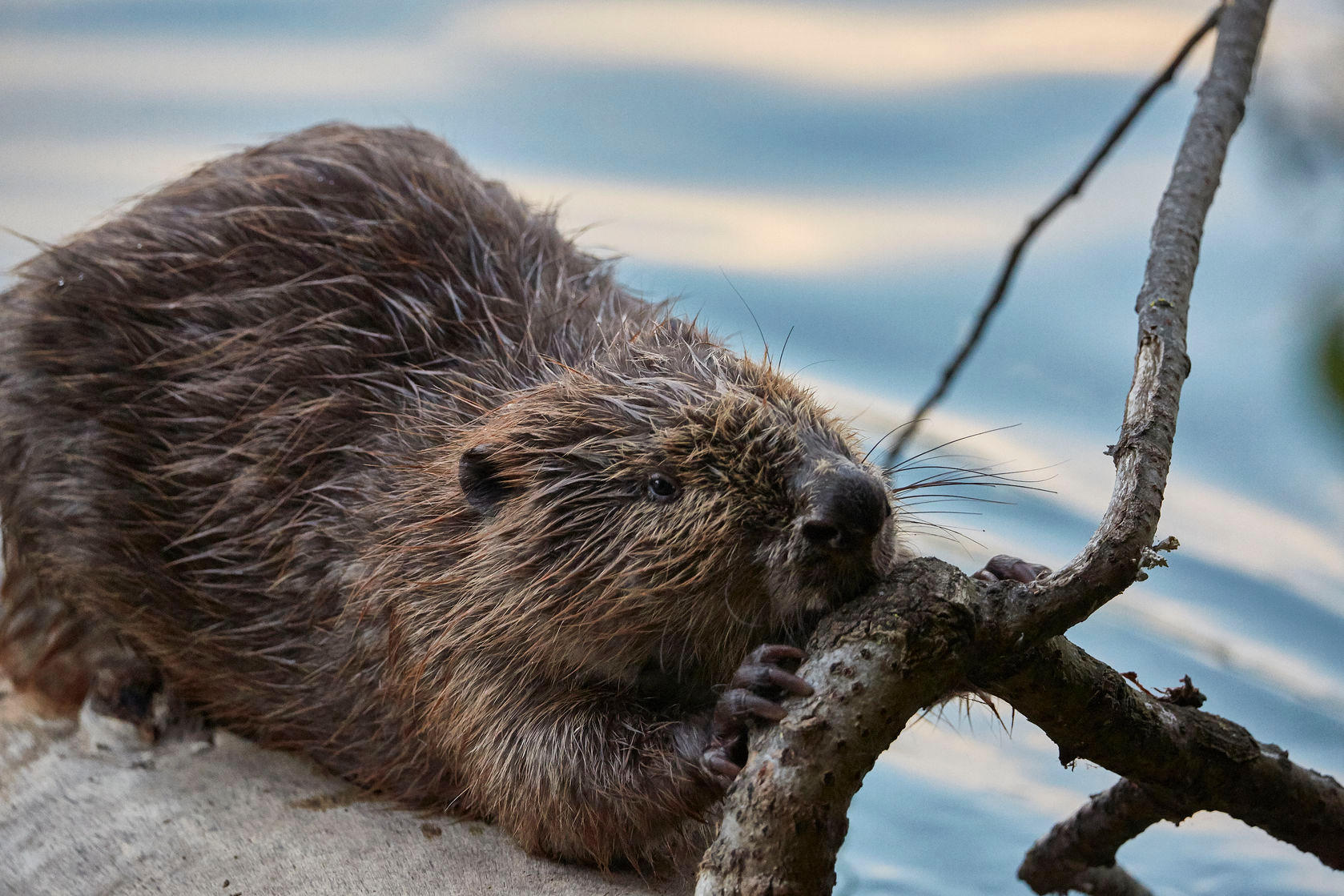
Globally, it was an especially bad year for African forest elephants, seahorses and koalas. In total, about 25,800 plant and animal species are on the IUCN Red List of Threatened SpeciesExternal link – about 1,500 more than a year ago.
Yet WWF reports that the numbers of sea turtles, Irrawaddy dolphins, Caucasian leopards and blue-throated macaws are on the rise, thanks to successful environmental protection measures.
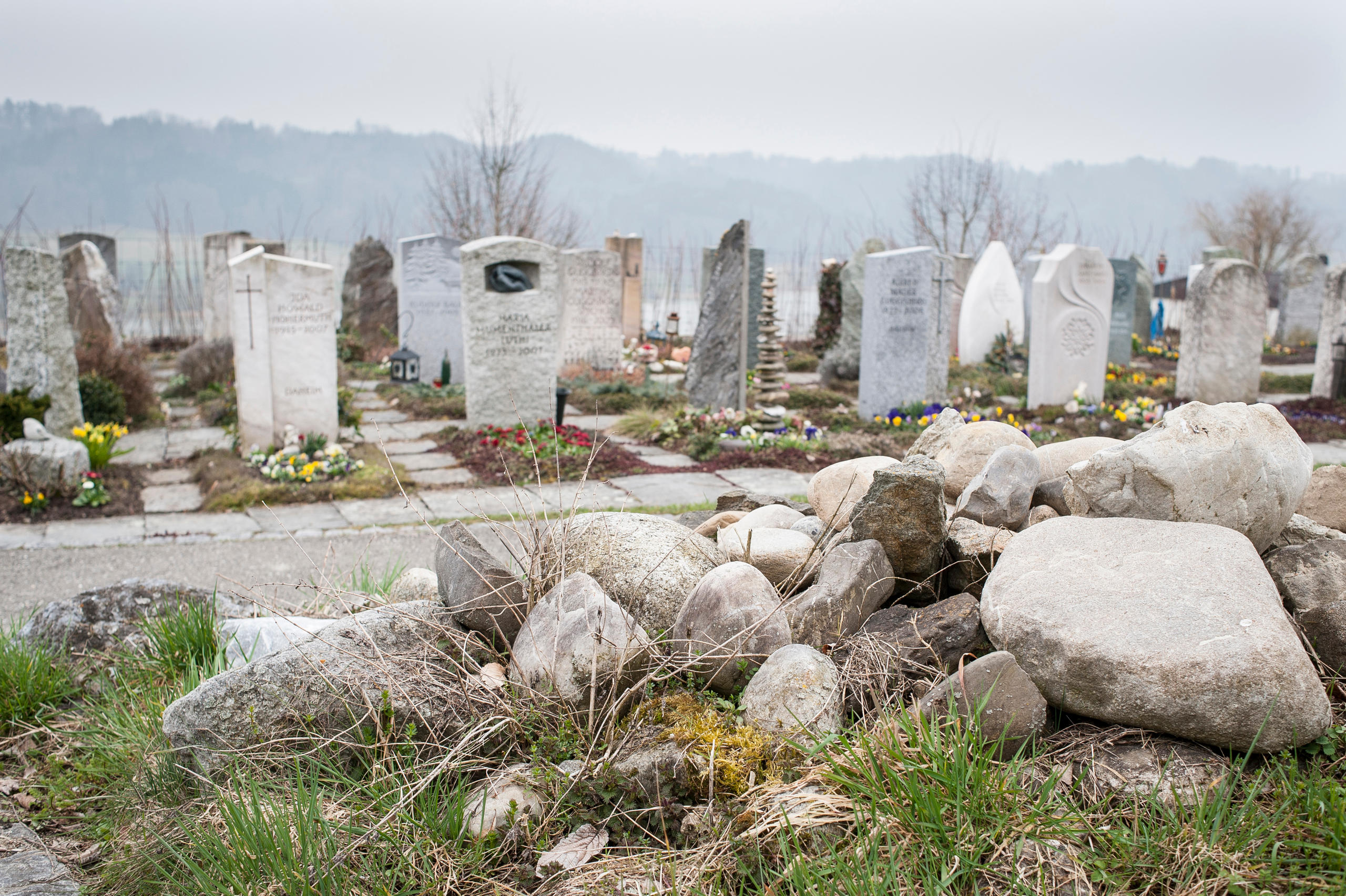
More
The dearth – and death? – of Swiss biodiversity

In compliance with the JTI standards
More: SWI swissinfo.ch certified by the Journalism Trust Initiative








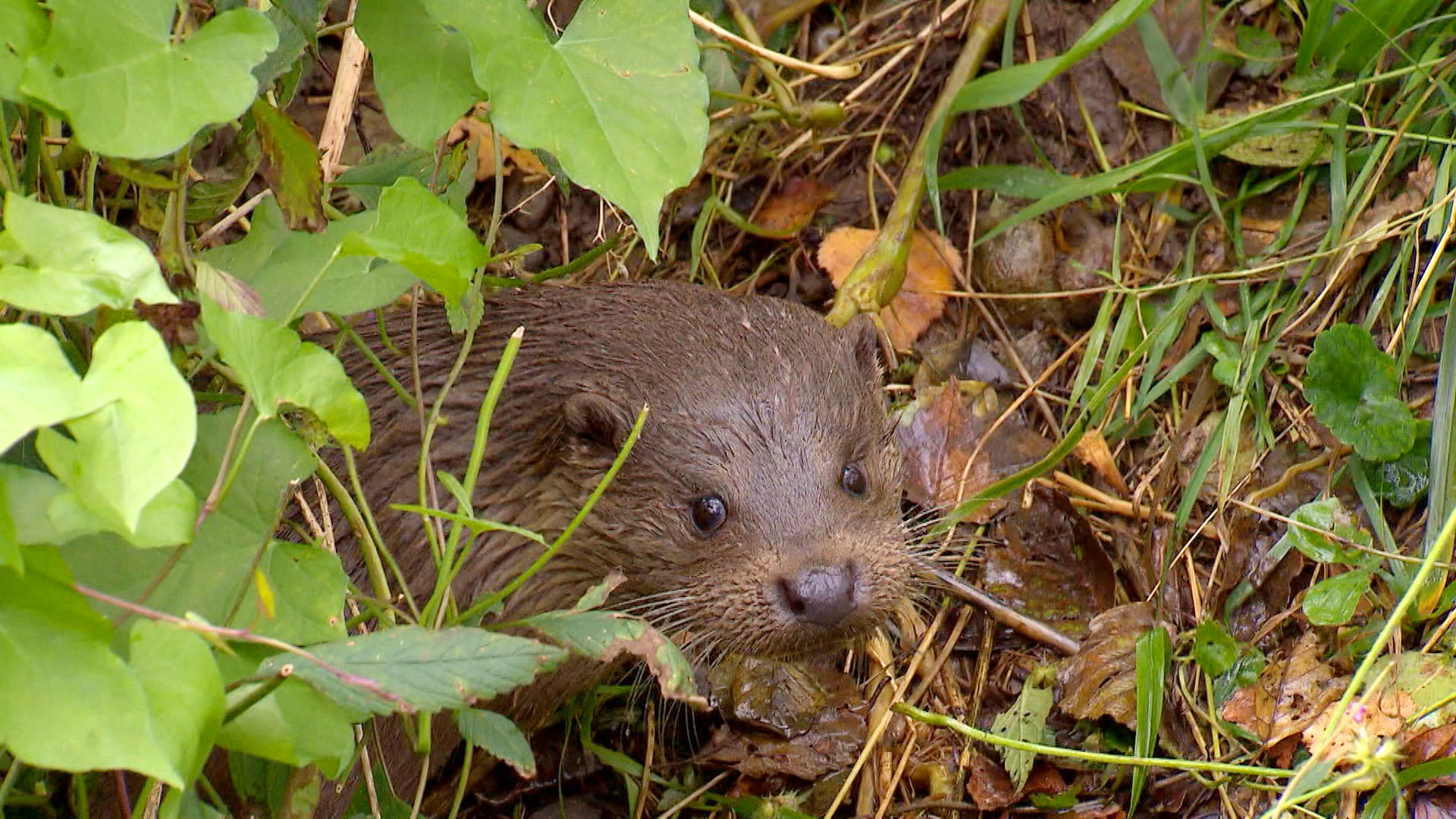

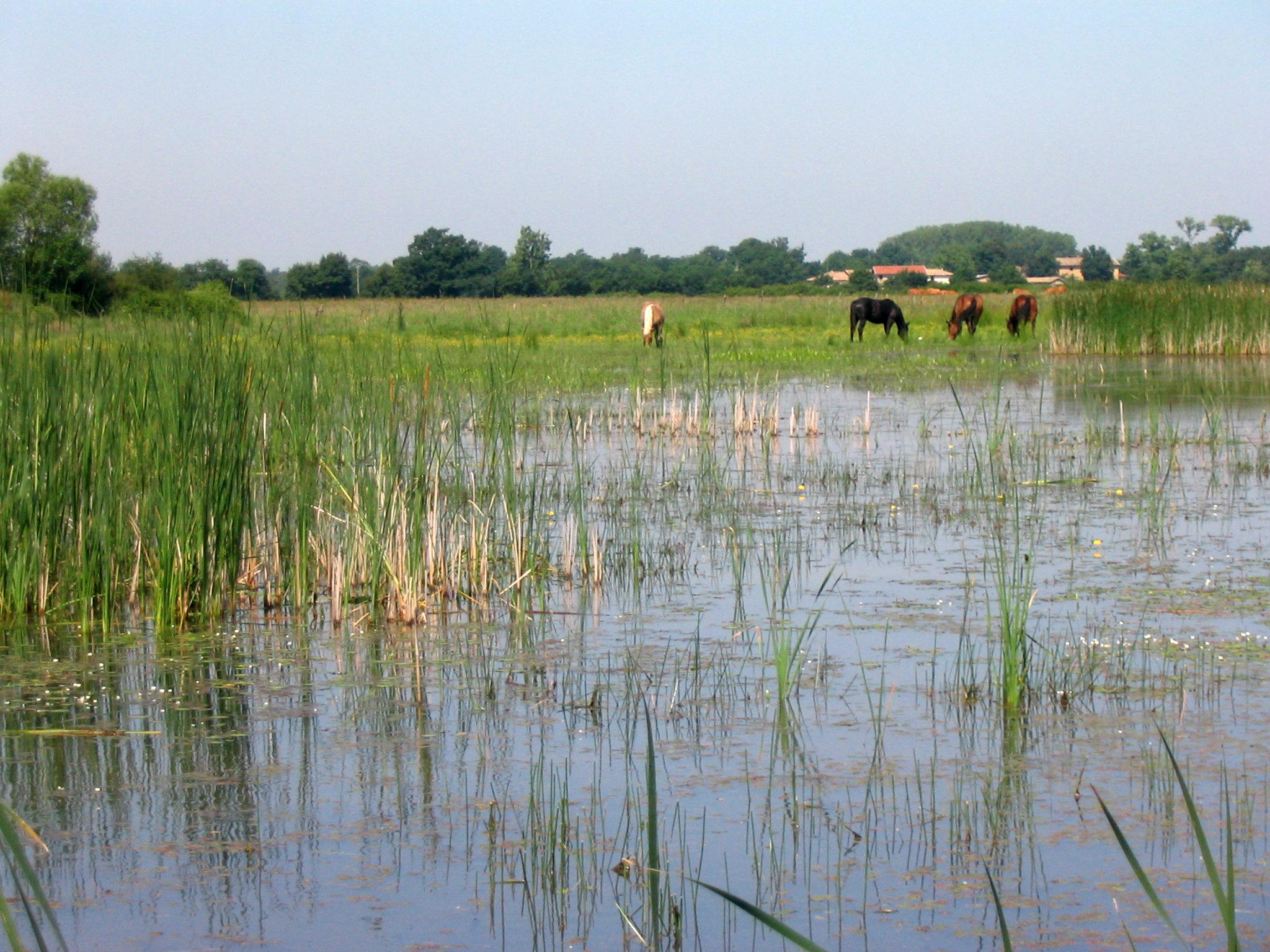
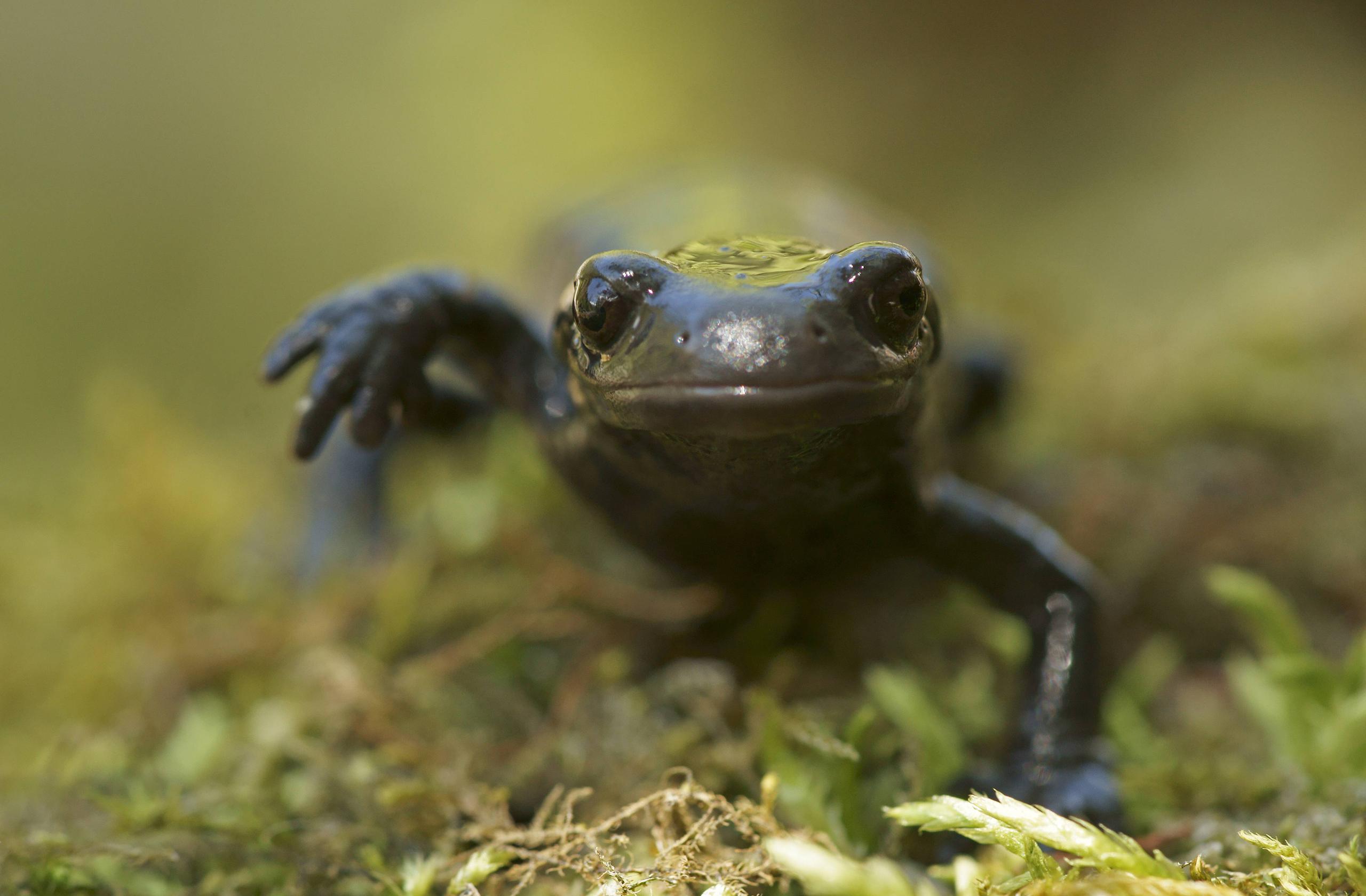
You can find an overview of ongoing debates with our journalists here . Please join us!
If you want to start a conversation about a topic raised in this article or want to report factual errors, email us at english@swissinfo.ch.